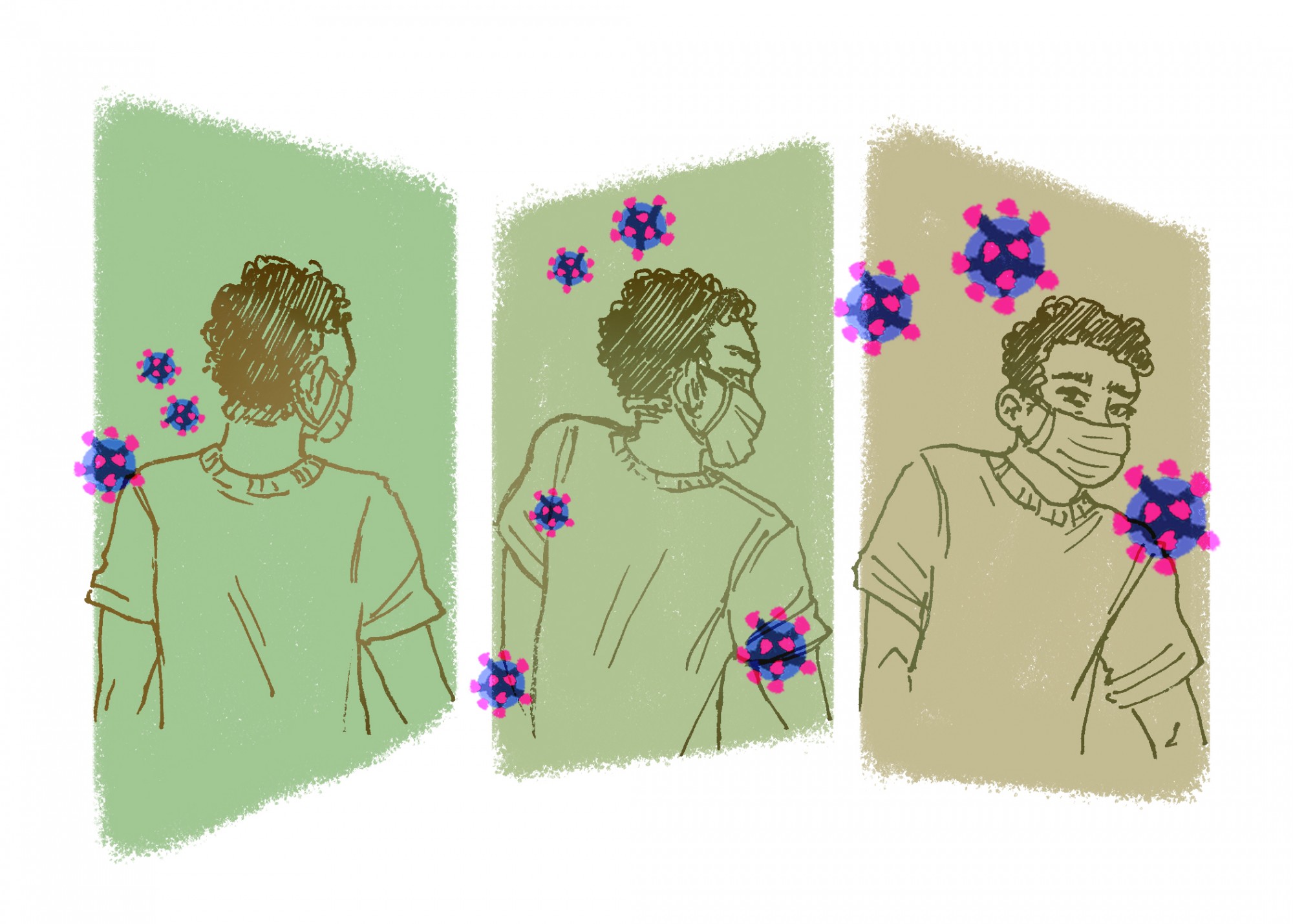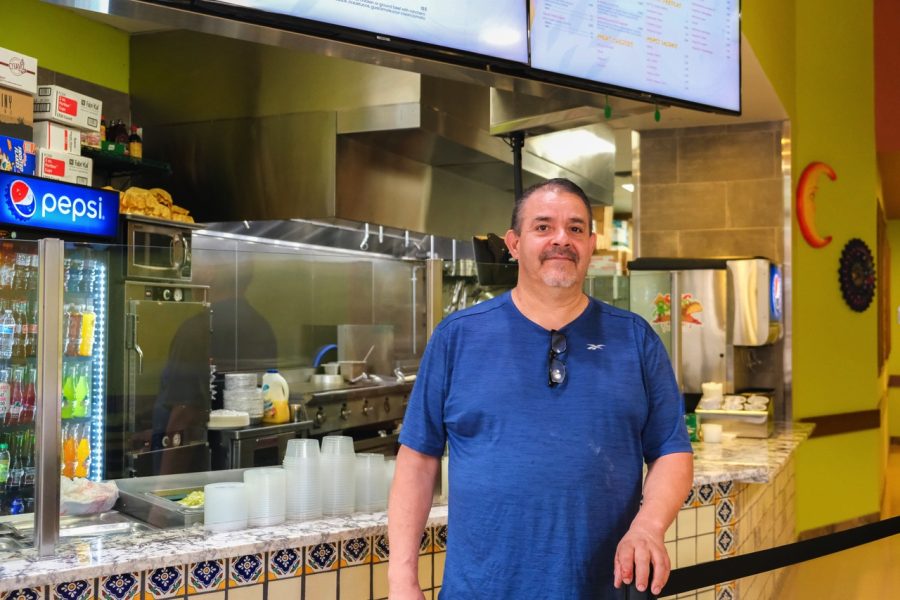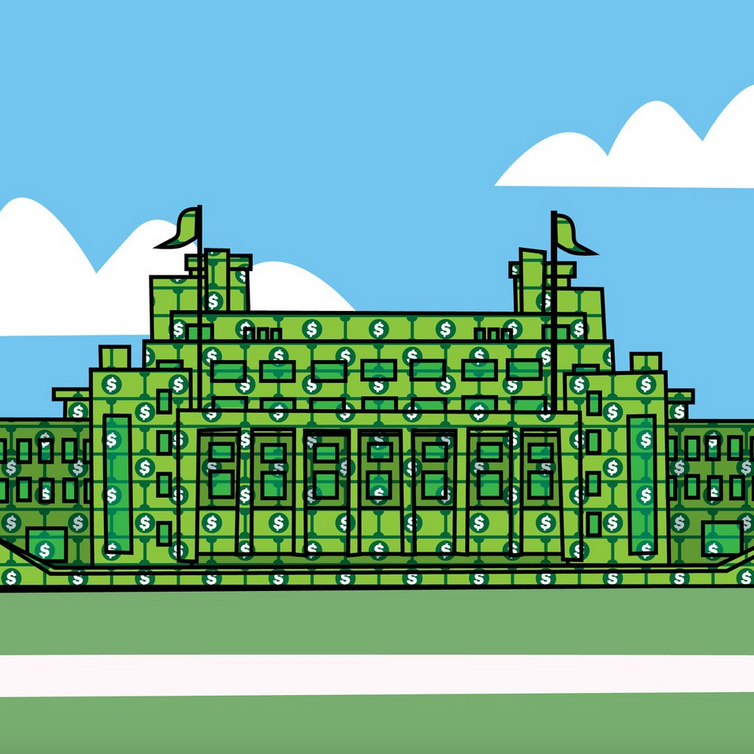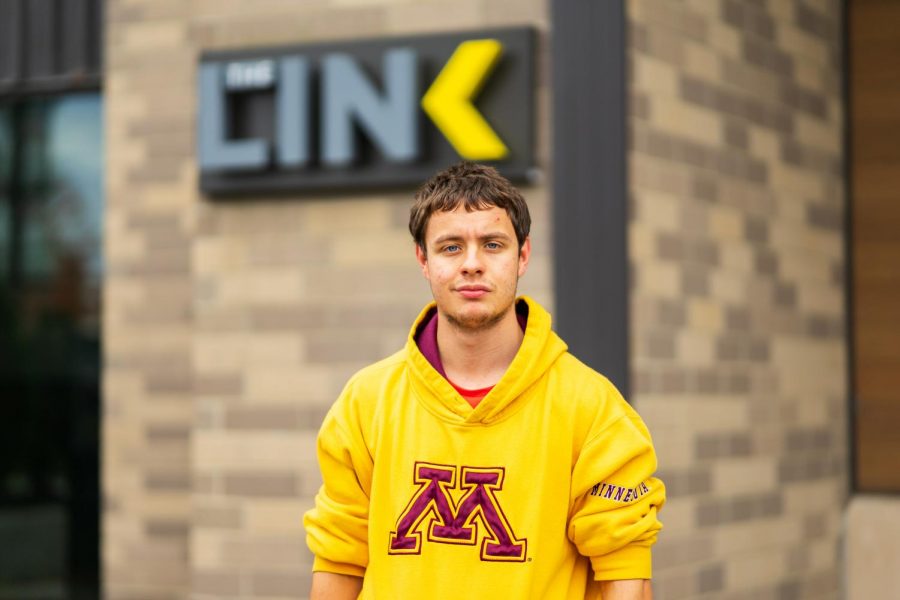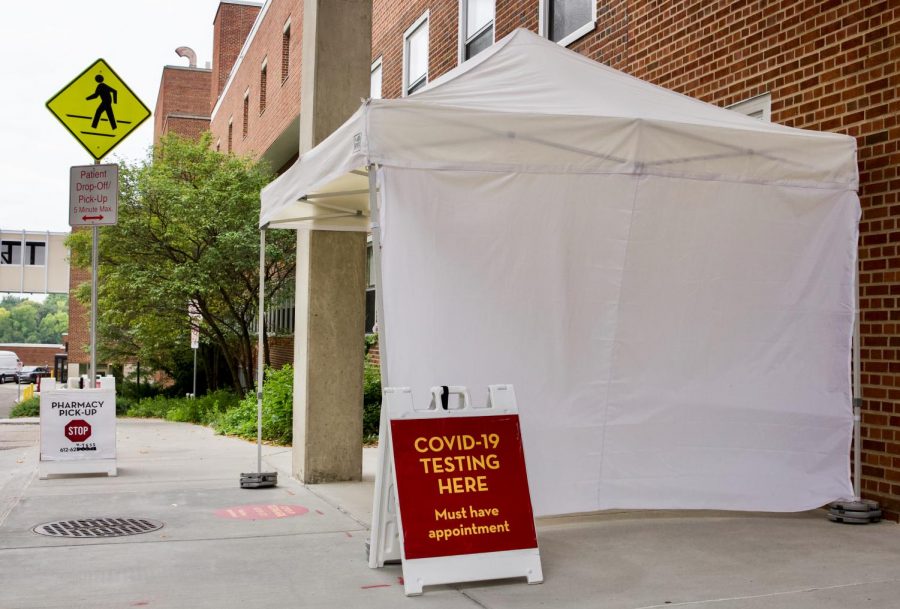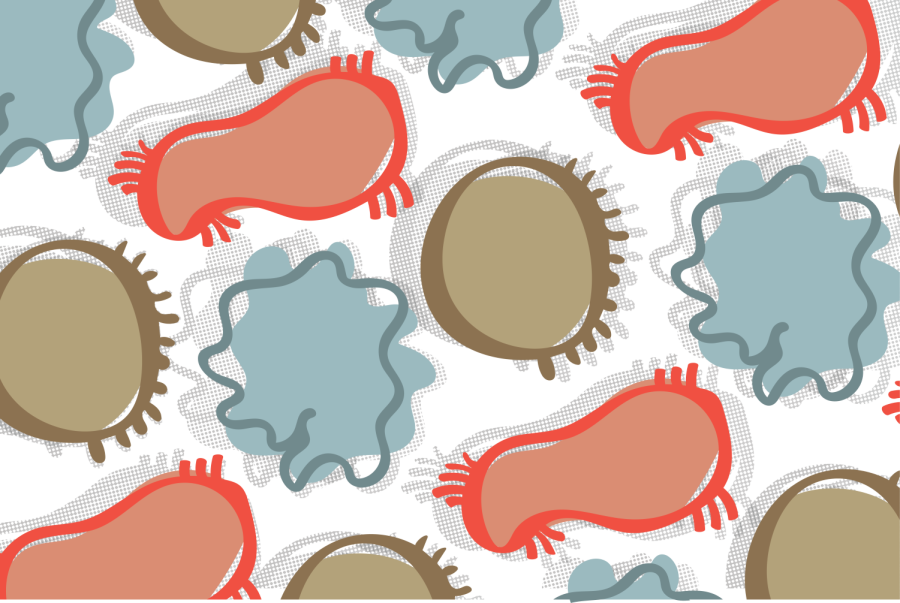The University of Minnesota is continuing work on a study that measures the impact of the COVID-19 pandemic on students, faculty and staff.
The ongoing study observes participants’ feelings towards the University’s response to the pandemic and how their school, work, family and social lives have been affected. Another component of the study looks at participants’ feelings and experiences with discrimination throughout the pandemic.
The findings from the study may be used to guide future decisions surrounding the pandemic.
“[There is] this racialized component [to the pandemic] and the subsequent increase of xenophobia and racism,” said Rich Lee, a University psychology professor and lead researcher on the study. “It was kind of a lightning rod in some ways for bringing to light existing xenophobia and prejudice that’s been in society.”
The data was collected from 580 participants through a series of surveys sent out in three waves, beginning in April and concluding in June. The questions on the survey were updated each time to reflect current events, such as the killing of George Floyd and changes to guidance from government and health officials.
“We surveyed people three times, asking both open-ended questions and rating-scale questions to really understand how the COVID-19 pandemic has affected individuals in their work and school performance, in their social and family relationships, and in terms of their mental health and wellness.” Lee said.
Initial findings will be released later this month, but data collection and analysis will continue into the fall, he said. Researchers also plan to present findings to upper-level University administrators.
“We think that some of the information here can be informative for how the University moves forward regarding this pandemic, but also in preparation for future sorts of issues and events that could happen,” Lee said.
Some survey questions asked participants to describe the effects of the pandemic on school and work performance and feelings surrounding social distancing, among other topics.
“We asked the question about balancing child care, telecommuting and or home schooling during this time. We asked the question of what steps would you want to see by the University if they were going to reopen in fall,” said Vanessa Anyanso, a University graduate student involved in the study.
Although direct participant responses from the study have not been released, Lee presented several responses to the Board of Regents at their June meeting.
“Being Chinese-American myself, I’ve definitely become more conscious about my ethnicity when leaving the house … I am also more hesitant to wear a mask … the image of the Asian person with a face mask is stereotypical and easy to hate,” one response said.
Another response discussed the fear of being attacked on the basis of one’s ethnicity or race during the pandemic.
“I am Asian and have seen an increase in microaggressions towards Asians. If I am going out by myself without my white partner, I tend to have more anxiety in fear of getting attacked. I was carrying pepper spray with me in case I get attacked … I fear for my black friends getting stereotyped as trying to rob a place if they wear a face mask. It’s been very hard to get myself to wear a face masks because I just fear I’m inviting more aggressions towards me,” the response said.
Another response read: “As a youngish Black man, I am nervous about wearing a mask. My brother and dad have already told me about the suspicious looks that they get when wearing their masks to the post office or store. To lessen the chance of a negative encounter, I have opted to not wear any face masks.”
Those involved in the study said they hope the findings help to inform the University’s decision and policymaking processes throughout the pandemic and into the future, Anyanso said.
“If the University truly does care about a community, which I’m sure they do, they need to actually hear what a portion of their community is saying and ways in which they will feel safe,” Anyanso said.


